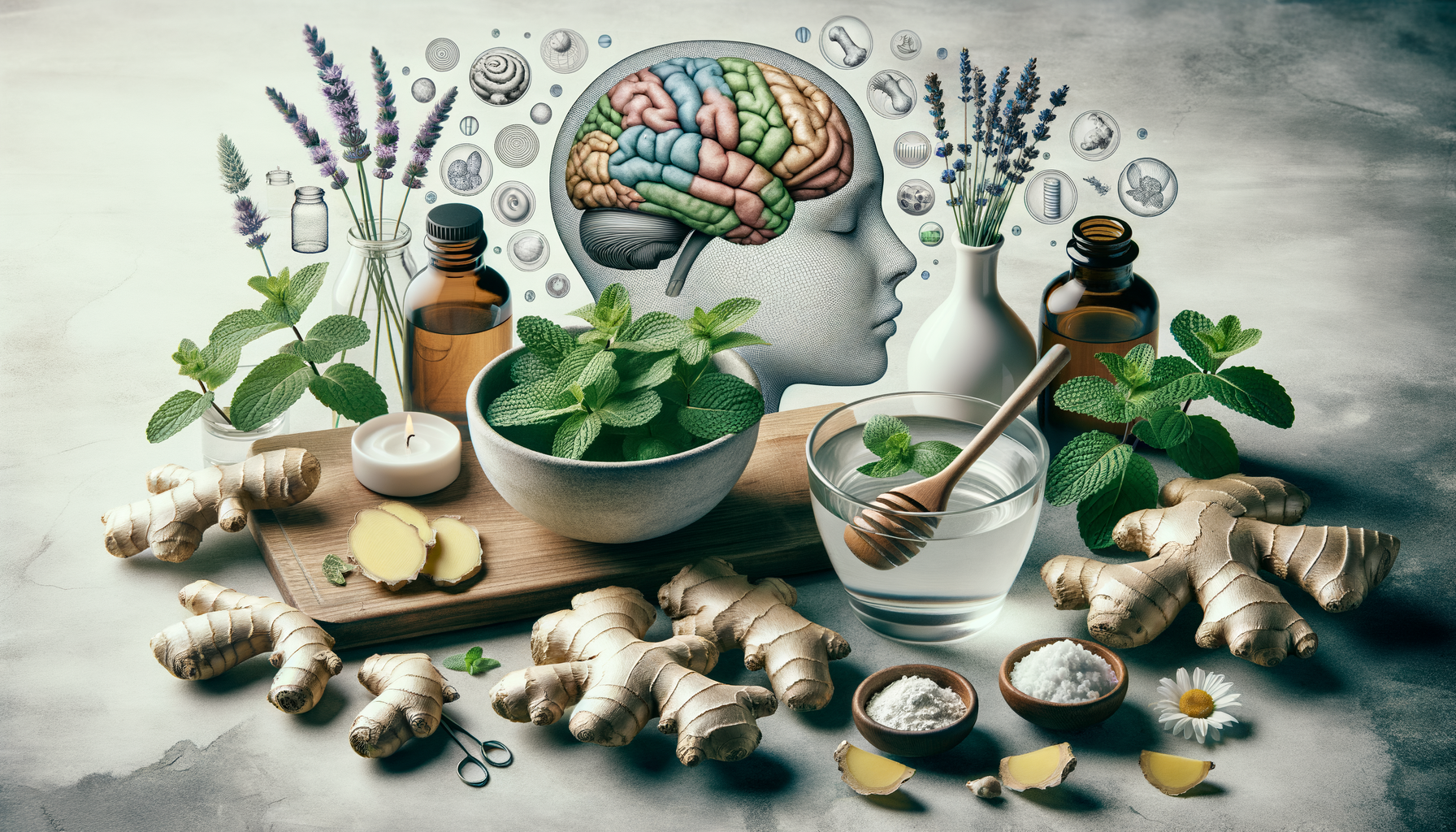Understanding Migraines: A Closer Look
Migraines are more than just severe headaches; they are complex neurological events that can significantly impact an individual’s quality of life. Characterized by intense, throbbing pain, often on one side of the head, migraines can be accompanied by nausea, vomiting, and extreme sensitivity to light and sound. According to the World Health Organization, migraines are among the top 20 causes of disability worldwide, affecting millions of people globally.
The exact cause of migraines remains elusive, but they are believed to result from abnormal brain activity affecting nerve signals, chemicals, and blood vessels in the brain. Triggers can vary widely among individuals and may include stress, hormonal changes, certain foods and drinks, and changes in sleep patterns, among others. Understanding these triggers is crucial in managing and alleviating migraine symptoms effectively.
While prescription medications are available to treat migraines, many individuals seek alternative or complementary methods to manage their symptoms. Home remedies offer a natural approach to relief, focusing on lifestyle changes and natural supplements that may reduce the frequency and severity of migraine attacks.
Dietary Adjustments: Nourishing Your Way to Relief
Diet plays a pivotal role in managing migraines for many sufferers. Certain foods and beverages can trigger migraine attacks, while others may help prevent them. Identifying and avoiding trigger foods is a critical first step. Common culprits include:
- Caffeinated drinks
- Alcohol, especially red wine
- Processed meats containing nitrates
- Aged cheeses
- Foods with high levels of MSG
On the flip side, incorporating foods rich in magnesium, riboflavin, and omega-3 fatty acids can be beneficial. Magnesium, found in leafy greens, nuts, and seeds, is known to help prevent migraines by stabilizing blood vessels. Riboflavin, or vitamin B2, found in eggs and dairy products, has been shown to reduce migraine frequency. Omega-3 fatty acids, abundant in fatty fish like salmon, have anti-inflammatory properties that may alleviate migraine symptoms.
Maintaining a regular eating schedule and staying hydrated are also essential strategies in managing migraines. Skipping meals or dehydration can trigger migraines, so ensuring consistent nourishment and fluid intake is vital.
Herbal Remedies: Nature’s Soothing Touch
Herbal remedies have been used for centuries to treat various ailments, including migraines. Many individuals find relief through natural herbs that possess anti-inflammatory and pain-relieving properties. Some of the most popular herbal remedies for migraines include:
- Feverfew: This herb is renowned for its ability to reduce the frequency and severity of migraine attacks. It is believed to work by inhibiting the release of substances that dilate blood vessels.
- Butterbur: Known for its anti-inflammatory effects, butterbur can help reduce the intensity of migraine symptoms. However, it is essential to use a purified form to avoid potential liver toxicity.
- Ginger: Often used to alleviate nausea, ginger can also help reduce migraine pain. Its anti-inflammatory properties make it a versatile remedy for headache relief.
While herbal remedies can be effective, it is crucial to consult with a healthcare professional before starting any new treatment, especially for individuals who are pregnant, nursing, or taking other medications.
Mind-Body Techniques: Harnessing Inner Calm
Stress is a well-known trigger for migraines, making stress management techniques a valuable tool in preventing and alleviating symptoms. Mind-body practices such as meditation, yoga, and deep breathing exercises can promote relaxation and reduce stress levels, thereby decreasing the likelihood of migraine attacks.
Meditation involves focusing the mind and eliminating distractions to achieve a state of calm and relaxation. Regular practice can help reduce stress and improve overall well-being. Yoga, with its combination of physical postures, breathing exercises, and meditation, offers a holistic approach to stress reduction and migraine management.
Deep breathing exercises, such as diaphragmatic breathing, can quickly reduce stress and promote relaxation. By focusing on slow, deep breaths, individuals can calm their nervous system and alleviate tension that may contribute to migraines.
Incorporating these mind-body techniques into daily routines can provide long-term benefits for migraine sufferers, promoting a sense of inner peace and resilience against stress-induced attacks.
Essential Oils: Aromatic Allies for Relief
Essential oils are concentrated plant extracts that capture the aromatic compounds of plants. They have been used for centuries in various cultures for their therapeutic properties. When it comes to migraines, certain essential oils can offer soothing relief and help manage symptoms.
Peppermint oil: Known for its cooling sensation, peppermint oil can help relieve tension headaches and migraines. Applying diluted peppermint oil to the temples and forehead can provide a calming effect and reduce the intensity of pain.
Lavender oil: Renowned for its calming properties, lavender oil can help alleviate stress and promote relaxation. Inhaling lavender oil or applying it topically can reduce migraine symptoms and improve sleep quality.
Eucalyptus oil: With its anti-inflammatory and decongestant properties, eucalyptus oil can help relieve sinus-related headaches and migraines. Inhaling eucalyptus oil can clear nasal passages and reduce headache symptoms.
When using essential oils, it is important to dilute them with a carrier oil to prevent skin irritation. Additionally, individuals should perform a patch test to ensure they do not have an allergic reaction to the oil.
Incorporating essential oils into a migraine management plan can offer a natural and aromatic approach to relief, complementing other home remedies and lifestyle changes.








